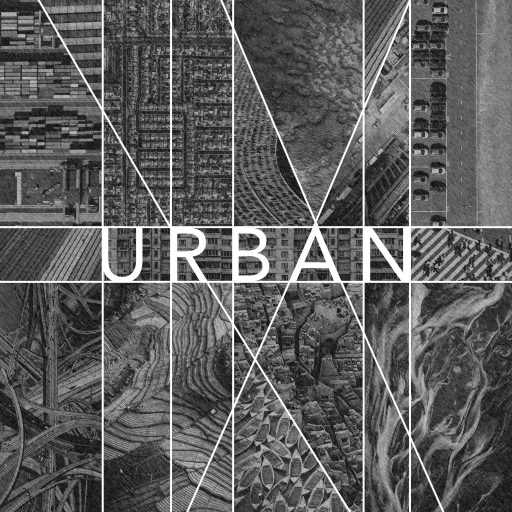Spring 2018 – INTER
Dear Reader,
The Planning profession embraces a multitude of interests and thinkers able to bridge the gap between the abstract and the material world. In the past, Planning practice was interrelated with other professions, such as architecture, public health, policy makers, among others. This partnership began in the 19th century with the emergence of the first planned cities, such as Haussmannian Paris’ redesign and the Garden City concept by Ebenezer Howard in the UK. These examples illustrate a period with greater concern for an open, healthy and organized city, where urban planners became public health experts and urban designers, leaving behind the Industrialized schemes of the 18th century. At some point in time, this partnership dissolved giving way to specialized disciplines, which in turn, resulted in less comprehensive approaches to the city’s concerns.
During these two years in Urban Planning, we have learned about the relevance of collaboration between all disciplines involved in a city’s development; from health outcomes that are shaped by our built environment, to technologies applied to planning, and much more.
This year, URBAN proposed themes that looked at different types of collaboration between related disciplines and combining those that go beyond traditional ones. The Fall 2017 issue, SUPRA called for pieces that would rethink the way planning takes place and how it can adapt to emerging paradigms and technologies. INTER, the Spring 2018 edition, is our final issue as editors; we aimed to uncover critical thoughts and ideas from students and faculty that lie in-between the different planning realms and the what connections exist among other professions that shape our urban environment.
We are pleased to share this semester’s work and ask you to question the current and future state of planning to foster further discussion. The pieces in this issue are presented in non-academic formats which invite a much broader audience. URBAN’s effort is to be a public forum for dynamic discussion and become a platform to share ideas for the future of the planning discipline. We wish all the best to the future URBAN Editorial Team, and we hope the discussions generated from past issues promote future critical thoughts…
Love, URBAN

Leave a Reply